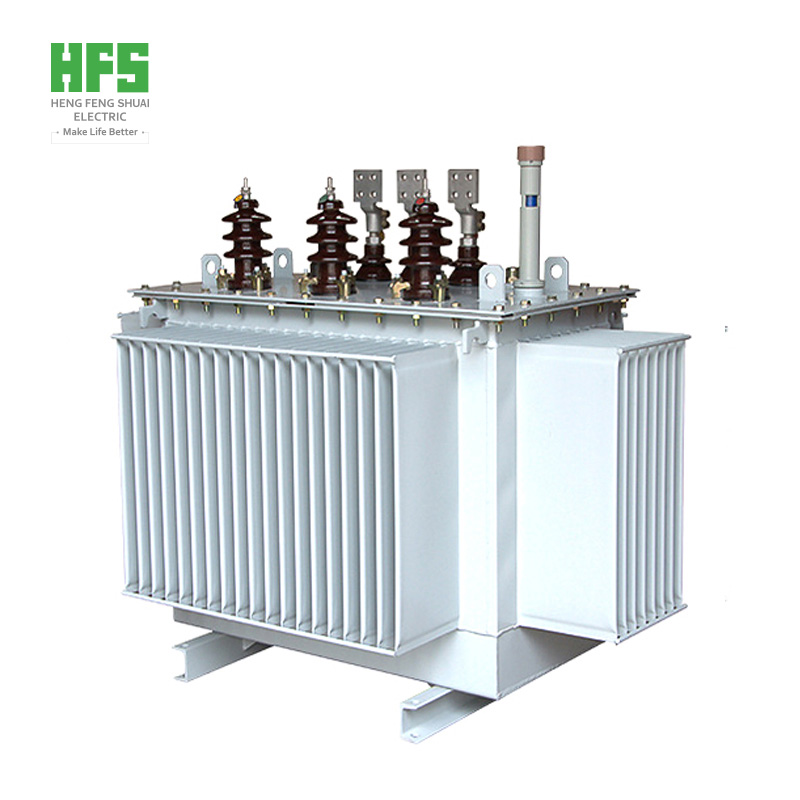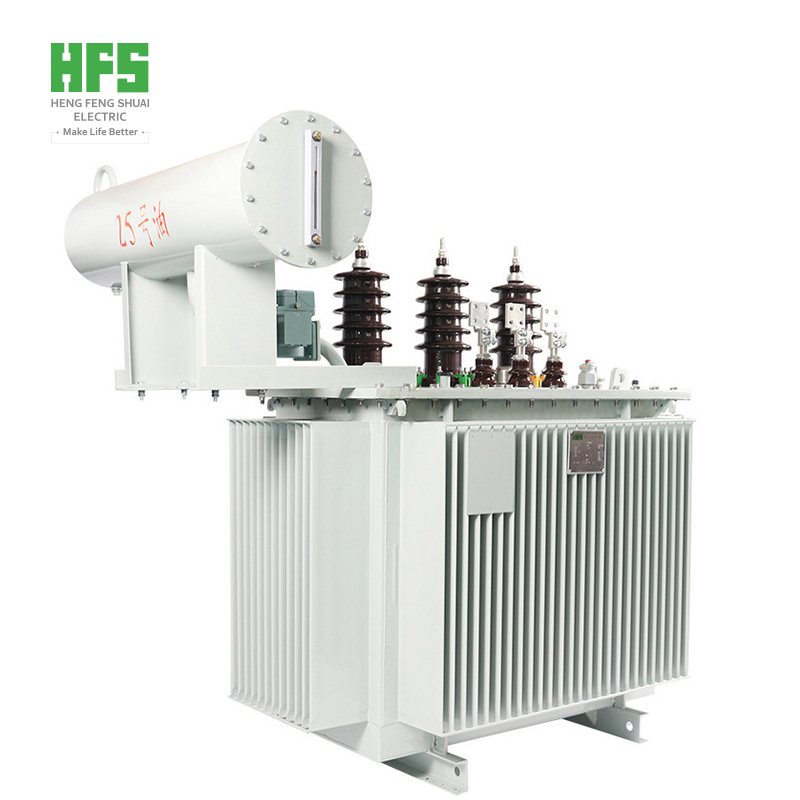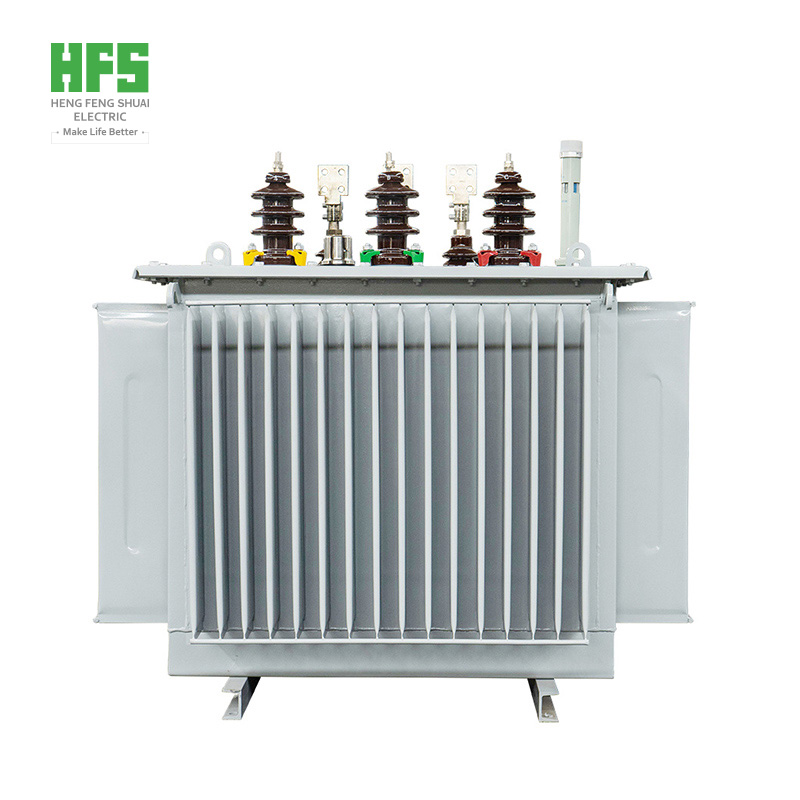The power industry in Libya is centrally controlled and operated by the government. As of 2023, Libya has a total of 13 power facilities, including 5 thermal power stations, 5 hydroelectric power stations, 2 solar power stations, and 1 geothermal power station. In addition, the Libyan government has established multiple substations and transmission lines nationwide to improve the efficiency of power distribution.
This article is written by JACK, the sales director of
Hengfengyou Electric, to explain the usage scenarios and market situation of the
100KVA transformer used in Libya.
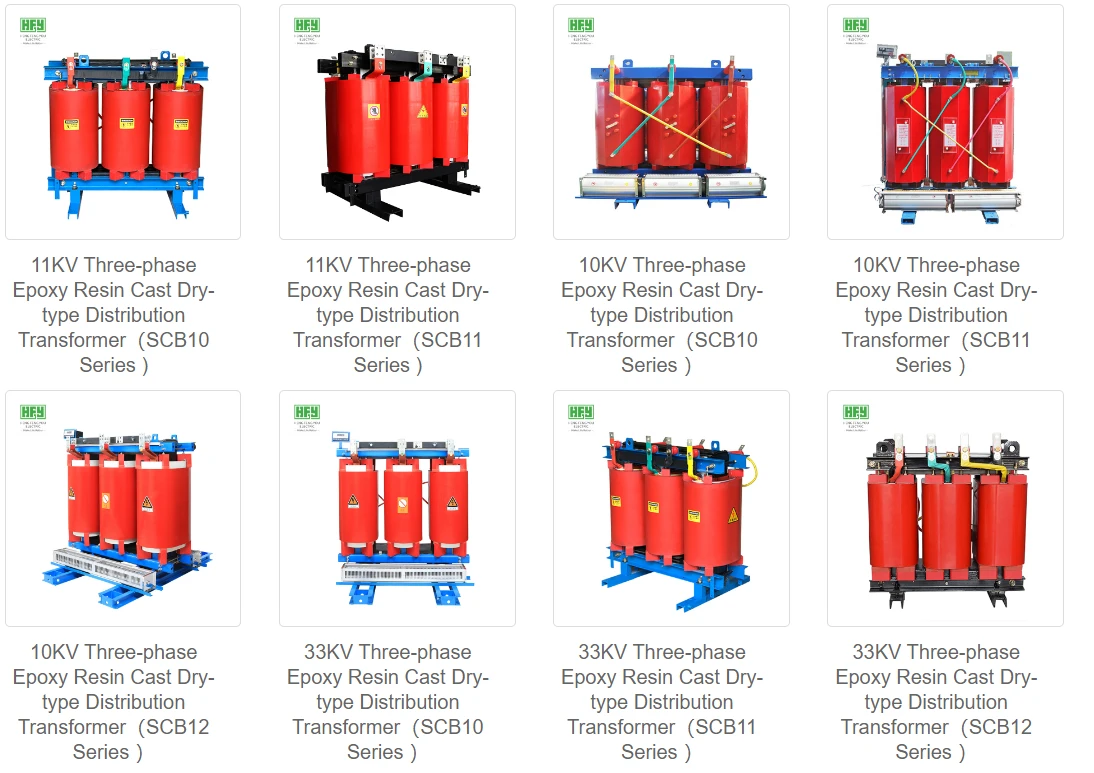
(1) The technical characteristics of a
100KVA dry type transformer are as follows
Low loss, good energy-saving effect, and economic benefits in operation.
Flame retardant, explosion-proof, pollution-free, maintenance free, and can be installed dispersedly in the load center, reducing investment costs and saving costs.
The local discharge capacity is less than 10PC, the coil does not absorb moisture and dust, with high mechanical strength and good reliability.
Good resistance to short circuits and lightning shock.
The shell is made of three materials: stainless steel, cold plate, and aluminum alloy, with types of air extraction and heat dissipation. The inlet and outlet wires can be in and out from top to top, in and out from bottom to top, and in and out from bottom to bottom.
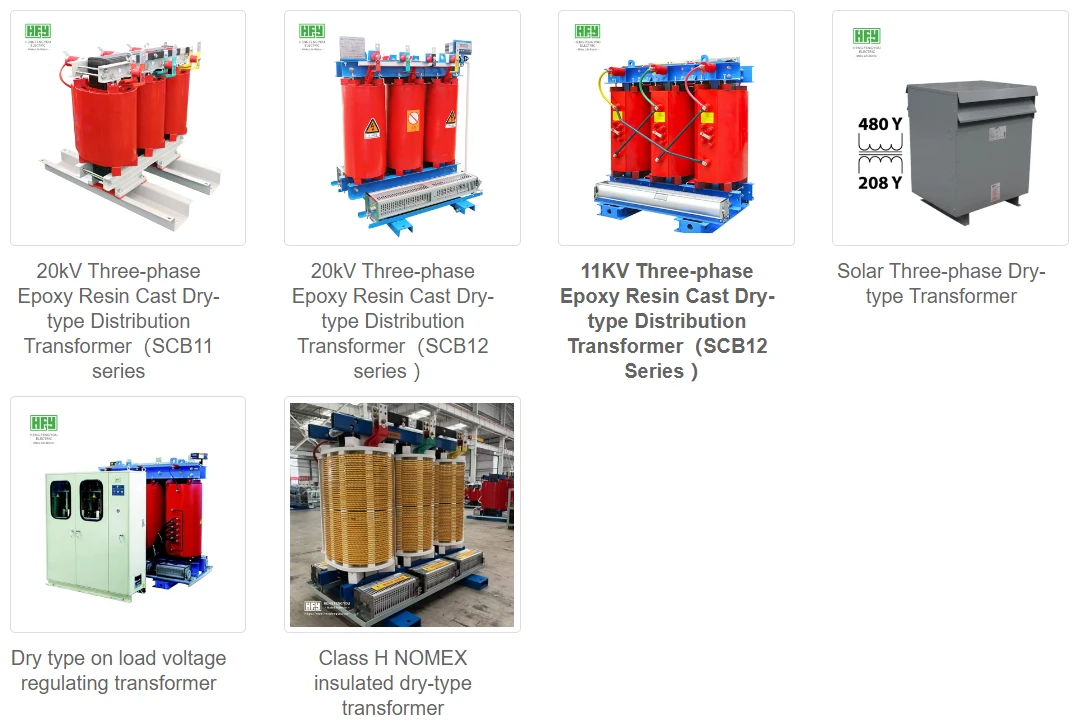 Transformers
Transformers can be equipped with temperature control and display systems according to user needs, and can be used in conjunction with temperature control systems.
(2) 100kVA transformer is a usage scenario in Libya
Usually used in various scenarios such as industry, agriculture, office, and residential areas, it can meet various power needs. In Libya, a 100kVA transformer is typically used in factories, farms, shops, offices, and residential areas to provide sufficient electricity to meet various electricity needs. In addition, in Libya, a 100kVA transformer can also be used for various infrastructure construction such as road construction, bridge construction, and port construction to meet the electricity demand in these areas.
(3) The export of
100kVA transformers to Libya requires the following permits and certifications:
Require obtaining a permit or certificate from the Libyan authorities. The specific process requires consultation with local authorities, which may involve applying for a local business license or a specialized import license.
Need to comply with Libyan import regulations and standards. These standards may involve aspects such as product quality, safety, and environmental protection.
Require certification that meets Libyan standards. For example, if the product needs to be connected to the local power grid, it may need to comply with the International Electrotechnical Commission (IEC) standards and obtain corresponding certification.
If the product is an information and communication technology device, it needs to comply with the certification requirements of the International Telecommunication Union (ITU).
(4) Conclusion
The 100kVA transformer has low loss, good energy-saving effect, flame retardant, explosion-proof, pollution-free, and maintenance free. In Libya, exports to Libya require compliance with local regulations and standards, as well as obtaining corresponding permits and certifications. High mechanical strength, good reliability, resistance to short circuits, and good lightning shock resistance. In addition, Libya is increasingly emphasizing the development of electricity, so power transformers will continue to play an important role.
Hengfengyou Group has rich experience in customized production of transformers, and its products are exported to more than ten countries around the world. Currently, the main export capacities include 100kVA, 150kVA, 250kVA, 500kVA, 1000kVA, 1500kVA, etc. The current operation is good and the quality is reliable, proving the high reliability of Hengfengyou transformers( hfy@hengfengyou.com )。




